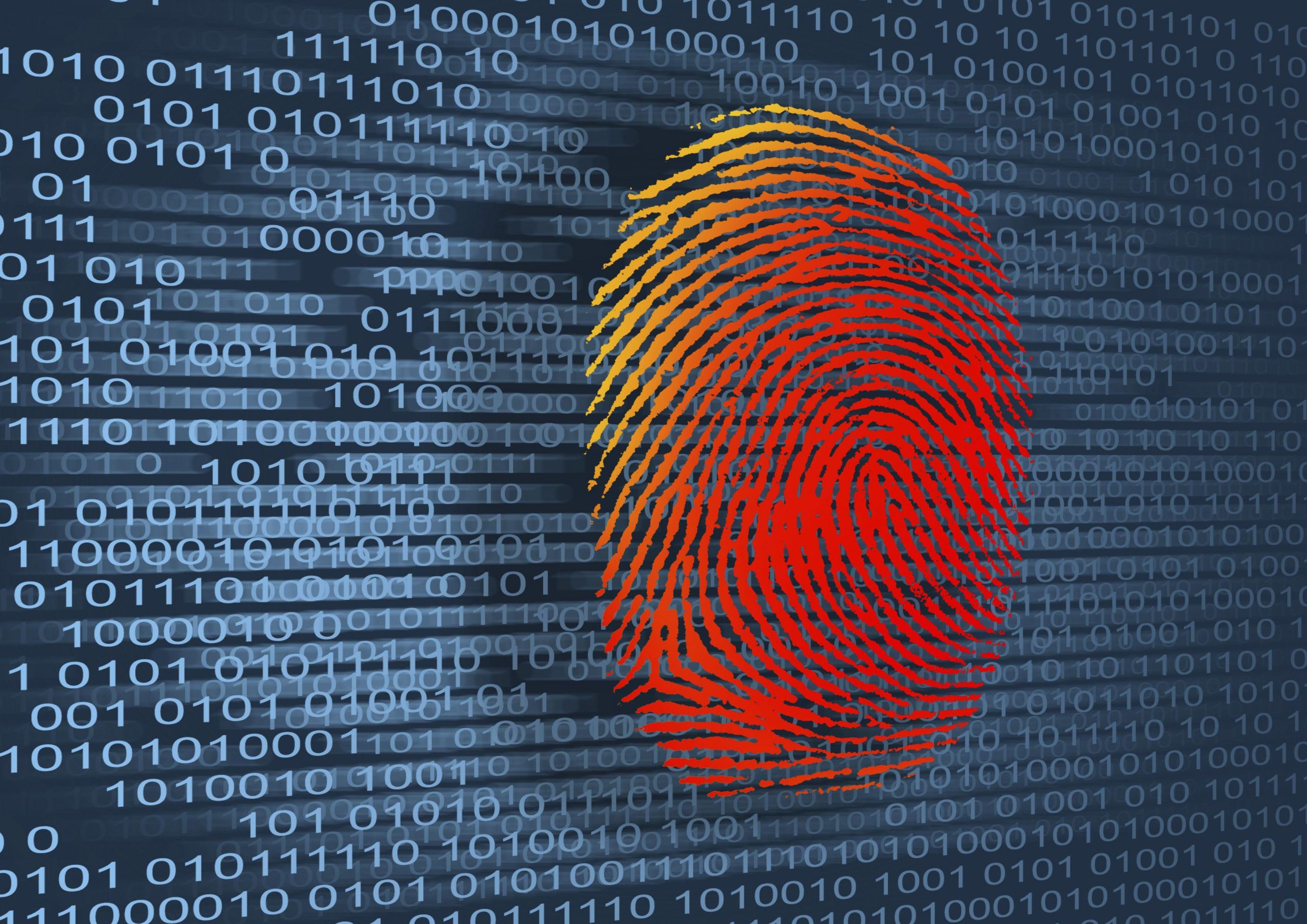Computer forensics in India
Indiaforensic offers a series of articles on the subject of computer forensics in India and its applications. An increasing number of forensic accountants are developing specializations and obtaining CFAP credentials. Indiaforensic enables CFAPs to gain a sound understanding of forensic and technology issues through these credentials and the resources related to the bodies of knowledge. In fact, when viewed in combination, CFAP credentials provide a very broad structure encompassing forensic accounting techniques and pertinent information technology skills.
What Is Computer Forensics?
The use of scientifically derived and proven methods toward the preservation, collection, validation, identification, analysis, interpretation, documentation, and presentation of digital evidence derived from digital sources for the purpose of facilitating or furthering the reconstruction of events. The tools and methods are scientific and are verified scientifically, but their use necessarily involves elements of ability, judgment, and interpretation. Digital media comes in many forms, including hard drives found in personal computers, external drives, telephones, smartphones, PDAs, and telephone voice mail systems. Computer forensics assignments typically is performed to determine what activity took place on a particular device by a user or to restore previously deleted or corrupted data. Digital forensics engagement commonly is performed during a fraud investigation because the results can provide a direction as to what the suspects involved in the fraudulent activities are likely to know when they were likely to know it, the documents to which they had access, actions taken on these documents [eg: copied on the pen drives or deleted from the email box], with whom they communicated, and whether they appeared to try to hide their actions. Internet history, web-based email, lost or deleted files, logging, and registry files are examples of data the forensic accountant can utilize as evidence in their engagements by using digital forensic techniques.
Applications of Computer forensics
Law enforcement agencies have been among the earliest and heaviest users of computer forensics and consequently have often been at the forefront of developments in the field.
It is not just the content of emails, documents and other files which may be of interest to investigators but also the ‘metadata’ associated with those files. A computer forensic examination may reveal when a document first appeared on a computer, when it was last edited, when it was last saved or printed and which user carried out these actions.
More recently, businesses have used computer forensics to their benefit in a variety of cases such as;
- Intellectual Property Theft
- Industrial espionage
- Employment disputes
- Fraud investigations
- Forgeries
- FCPA investigations
- Inappropriate email and internet use in the workplace
- Regulatory compliance
Pioneers of Computer forensics in India
Labsystems is the leading computer forensic company in India. This is the company that started computer forensics in India. However, Riskpro Management Consulting is the company that leads the computer forensic sector with tie-ups with most of the leading accounting, auditing, and due diligence firms in India. The representatives of Riskpro can be reached at +91-9766594401 or contactus@riskpro.co.in



